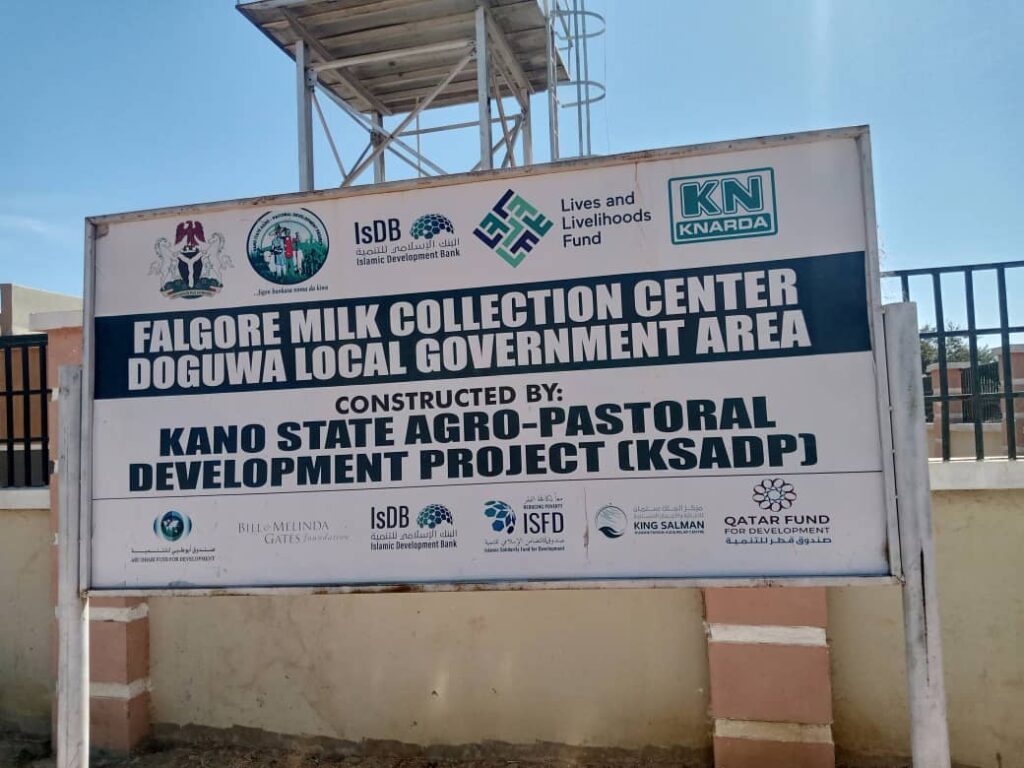By Abdullahi Yusuf
The Chairman of Falgore Cattle Market in Doguwa Local Government Area of Kano State, Mannir Abdullahi Madaki, says the current economic crunch in the country is adversely affecting transactions at the market.
Madaki who made the lamentation while receiving journalists at the cattle market on Saturday, said many cattle dealers doing business at the market have had their capital depleted by the prevailing economic hardships in the land.
“We now have a situation where dealers in this market who used to buy up to ten cows at once on Friday, our market day, can only afford to purchase two or three due to the economic crunch,” he said.
According to him, the high cost of transportation, feeding as well as high charges of loading and offloading the cows had seriously depleted the capital of the cattle dealers.
“And the prices of the cattle themselves are not helping matters, because the price of a fattened cow now starts from N1 million, unlike before when it ranged from N100,000,” the Chairman said.
Nevertheless, he said, transactions worth about N1 billion are being made at the market, every Friday from the sales of cows brought from parts of the state and the neighbouring Kaduna and Plateau states.
He said herdsmen from the neighbouring Niger, Chad and Cameroon republics also bring their animals to the market, especially during the rainy season.
Madaki commended the State Government for providing facilities for the smooth operations of the market which include toilets, solar lighting, an office, boreholes and a veterinary clinic.
According to him, the provision of Solar lights had enhanced security at the market which had previously recorded cow thefts, especially in the night.
Prime Time News recalls that the Kano State Agro-pastoral Development Project (KSADP) had provided facilities worth N350 million including toilets, loading bays, boreholes and veterinary clinics to upgrade five major cattle markets, including Falgore.
The projects were financed by the Islamic Development Bank(IDB) and the Lives and Livelihood Funds(LLF) with support from the Kano State Government.

